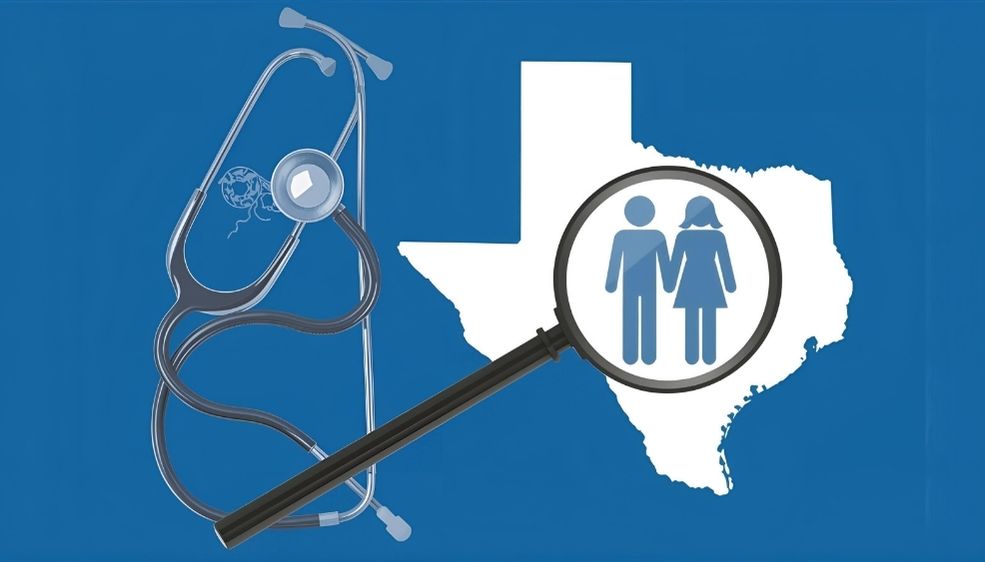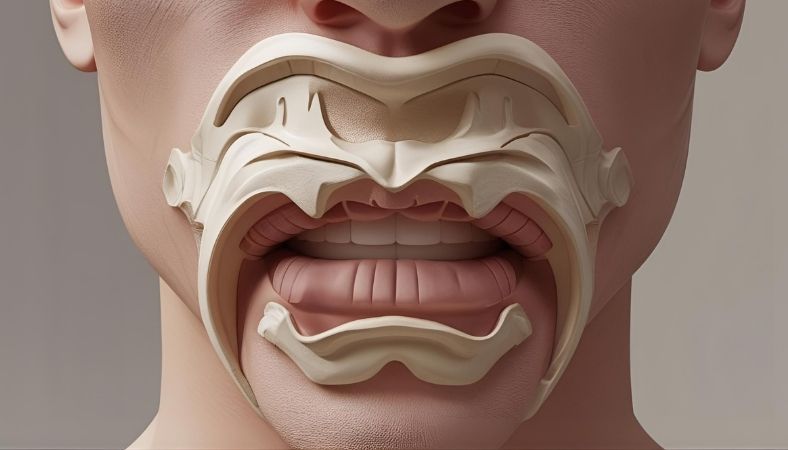Unlocking Wellness: The Essential Guide to Health Tracker App
In today’s fast-paced world, maintaining a healthy lifestyle can feel overwhelming. With busy schedules, unhealthy food options, and the constant barrage of health information, it’s easy to lose track of your wellness goals. However, technology has come to the rescue through health tracker apps. These digital tools can help you monitor your physical activity, track your nutrition, and manage your overall well-being. This comprehensive guide will explore the benefits, features, and best practices for using health tracker apps effectively.
What is a Health Tracker App?
A digital health tracker app is designed to help users monitor various aspects of their health and wellness. These apps can track physical activities like steps taken, calories burned, and workouts completed. Many health tracker apps also offer features for logging food intake, tracking sleep patterns, managing stress levels, and even monitoring chronic health conditions. By providing users with comprehensive insights and data, health tracker apps empower individuals to take control of their health journey.
Benefits of Using Health Tracker Apps
Health tracker apps offer many benefits that can enhance your overall well-being. Here are some key advantages:
1. Goal Setting and Motivation
Health tracker apps allow users to set personalized goals for various health aspects, such as weight loss, exercise frequency, and dietary changes. By tracking progress towards these goals, users can stay motivated and accountable.
2. Data-Driven Insights
These apps provide users with detailed analytics about their daily activities, helping identify patterns and improvement areas. With visual representations of data, users can easily see how their habits influence their health.
3. Enhanced Awareness
Using a health tracker app increases awareness of daily habits and routines. When users log their meals or exercise, they become more conscious of their choices, leading to healthier decisions.
4. Community Support
Many health tracker apps feature community elements, allowing users to connect with friends, family, or other app users. This sense of community can foster additional motivation and support.
5. Integration with Other Devices
Most health tracker apps seamlessly integrate with wearable devices like fitness trackers and smartwatches. This connectivity allows for real-time data collection and a more comprehensive overview of health metrics.
Key Features of Health Tracker Apps
When selecting a health tracker app, it’s essential to consider its features. Here are some key functionalities to look for:
1. Activity Tracking
A robust health tracker app should be able to monitor various activities, including walking, running, cycling, and strength training. Look for apps that use GPS and accelerometer data to provide accurate tracking.
2. Calorie and Nutrition Tracking
Most health tracker apps offer food logging features that allow users to track their caloric intake and nutritional values. Look for apps with a comprehensive food database and barcode scanning capabilities for easy logging.
3. Sleep Monitoring
Adequate sleep is crucial for overall health. Many health tracker apps have features that enable users to monitor their sleep patterns, helping them identify improvement areas.
4. Water Intake Tracking
Staying hydrated is vital for good health. Some apps allow users to log their water intake, ensuring they meet their daily hydration goals.
5. Integration with Health Data
The best health tracker apps can integrate with other health data sources, such as Apple Health, Google Fit, or electronic health records. This feature provides users with a holistic view of their health.
Types of Health Tracker Apps
Various types of health tracker apps are available, each catering to different aspects of wellness. Here are some common categories:
1. Fitness Tracker Apps
These apps focus primarily on physical activity, allowing users to track workouts, monitor steps, and set fitness goals. Popular examples include Strava, MapMyRun, and Nike Training Club.
2. Nutrition Tracker Apps
Nutrition tracker apps help users log their food intake, monitor macronutrients, and analyze dietary habits. Examples include MyFitnessPal, Lose It!, and Cronometer.
3. Sleep Tracker Apps
These apps specialize in monitoring sleep patterns and providing insights into sleep quality. Popular options include Sleep Cycle, Calm, and Pillow.
4. Comprehensive Health Apps
Some apps combine multiple health-tracking features, providing users with a complete overview of their health. Examples include Fitbit, Samsung Health, and Apple Health.
5. Mental Health and Stress Management Apps
These apps focus on mental well-being, offering mindfulness, meditation, and stress-tracking features. Examples include Headspace, Calm, and Moodfit.
How to Choose the Right Health Tracker App
Selecting the right health tracker app can be daunting with so many options. Here are some tips to help you choose the best app for your needs:
1. Define Your Goals
Start by identifying what you want to achieve with the app. Are you looking to lose weight, improve fitness, or manage a specific health condition? Defining your goals will help narrow down your options.
2. Consider Compatibility
If you own a wearable device, ensure your chosen app is compatible. This will allow for seamless data integration and enhance the overall user experience.
3. Check Reviews and Ratings
Research user reviews and ratings for the apps you’re considering. Look for usability, accuracy, and customer support feedback to make an informed decision.
4. Evaluate Features
Compare the features of different apps to ensure they align with your health-tracking needs. Look for essential functionalities like activity tracking, nutrition logging, and community support.
5. Free vs. Paid Versions
Many health tracker apps offer both free and premium versions. Assess whether the free version meets your needs or if the premium features justify the cost.
Best Health Tracker Apps in 2024
As of 2024, several health tracker apps stand out for their functionality and user experience. Here are some of the best options available:
1. MyFitnessPal
MyFitnessPal is one of the most popular nutrition tracking apps. It boasts a vast food database and barcode scanning features. It also allows users to track exercise and set personalized goals.
2. Fitbit App
The Fitbit app offers comprehensive fitness tracking features and seamlessly integrates with various Fitbit devices. Users can monitor activity levels, sleep patterns, and nutrition all in one place.
3. Apple Health
Apple Health provides a holistic view of health metrics and integrates with various apps and devices. It allows users to track everything from physical activity to sleep and nutrition.
4. Strava
Strava is a favourite among runners and cyclists, offering advanced tracking features, route mapping, and social connectivity. Users can share their activities and challenge friends for added motivation.
5. Headspace
For mental health tracking, Headspace offers guided meditation and mindfulness exercises. Users can monitor their stress levels and cultivate a healthier mindset.
Tips for Maximizing Your Health Tracker App Experience
To get the most out of your health tracker app, consider these practical tips:
1. Be Consistent
Consistency is key when using a health tracker app. Log your activities, meals, and sleep regularly to gain the most accurate insights.
2. Set Realistic Goals
Set achievable and realistic goals. Break larger objectives into smaller milestones to maintain motivation and celebrate progress.
3. Utilize Reminders
Many health tracker apps offer reminder features. Use these notifications to prompt you to log activities, drink water, or take breaks throughout the day.
4. Engage with the Community
If your app has a community feature, engage with other users. Sharing experiences, challenges, and successes can enhance your motivation and support network.
5. Review Your Progress Regularly
Take time to review your data regularly. Analyzing trends and patterns can provide valuable insights and help you adjust your health routine.
Privacy and Security Concerns
As with any digital tool, privacy and security are essential considerations when using health tracker apps. Here are some tips to protect your data:
1. Read Privacy Policies
Before using an app, read its privacy policy to understand how your data will be used and protected. Look for apps that prioritize user privacy.
2. Use Strong Passwords
Ensure your account is secured with a strong password. Avoid using easily guessed information and consider enabling two-factor authentication if available.
3. Limit Data Sharing
Be cautious about sharing personal health information. Only share data with trusted apps and platforms, and review permissions regularly.
4. Keep Software Updated
Regularly update your app and device software to ensure you have the latest security features and bug fixes.
Future of Health Tracker Apps
The future of health tracker apps looks promising, with continuous advancements in technology and user experience. Here are some trends to watch:
1. Integration of Artificial Intelligence
AI is poised to play a significant role in health tracking, providing personalized recommendations based on user data.
Conclusion
In today’s digital age, health tracker apps have emerged as invaluable tools for individuals seeking to enhance their wellness and achieve their health goals. By providing comprehensive insights into physical activity, nutrition, sleep patterns, and overall well-being, these apps empower users to make informed decisions about their health. The ability to set personalized goals, track progress, and engage with community support fosters motivation and accountability.
Frequently Asked Questions (FAQs)
What features should I look for in a health-tracking application?
 Akedo Warriors gaming and general site
Akedo Warriors gaming and general site 


